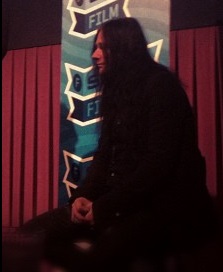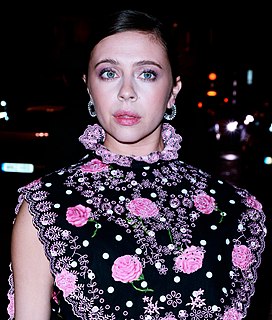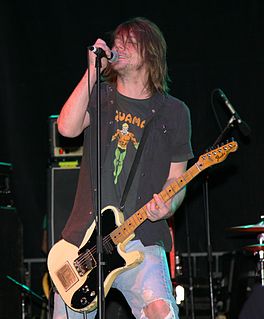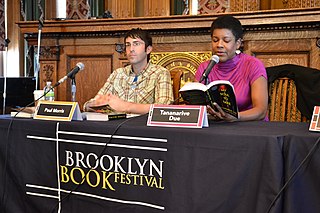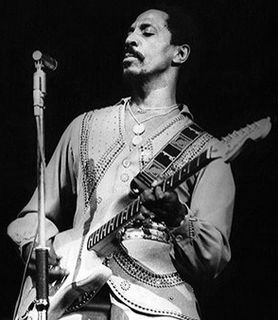A Quote by Jonas Akerlund
Polar' is based on the first and a little bit on the second book and all the characters from those novels are in there. The story is based on the graphic novel, but when it came to the execution of the film I felt I couldn't really make a movie without any dialogue.
Related Quotes
I don't know that a movie like Doctor Strange couldn't have been the second or third film we made. I don't think we're doing anything in that requires past viewing, as opposed to Civil War which we wouldn't have done as the first or second movie because so much of that film is based on the pre-existing relationships between the characters.
The post-Second World War simple system of social democracy and organized labour has fragmented massively, but just because people aren't organized in workplace trade unions doesn't mean they aren't in associations with other people - work-based, place-based, culture-based, sport-based, faith-based - there's a bit of an old rainbow coalition argument.
I tell my students based on my experiences in Hollywood, sure, you can always move to L.A. and try to work with the system, and people do that, but chances are if you want your story in film with characters of color, you will have to make that movie yourself. Find a way to make it yourself. Not just screenwriters, but also producers.
I've been thinking a lot about why it was so important to me to do The Idiot as a novel, and not a memoir. One reason is the great love of novels that I keep droning on about. I've always loved reading novels. I've wanted to write novels since I was little. I started my first novel when I was seven.I don't have the same connection to memoir or nonfiction or essays. Writing nonfiction makes me feel a little bit as if I'm producing a product I don't consume - it's a really alienating feeling.
The graphic novel? I love comics and so, yes. I don't think we talked about that. We weren't influenced necessarily by graphic novels but we certainly, once the screenplay was done, we talked about the idea that you could continue, you could tell back story, you could do things in sort of a graphic novel world just because we kind of like that world.
I've just finished a series of Olivia Manning novels. She's best known for two trilogies: Balkan Trilogy and Levant Trilogy. The six novels are continuous and contain the same set of characters. They are based on Manning's experiences in Eastern Europe and Egypt during the Second World War. Each novel is a wonderful picture of the peculiar British expatriate culture and what was happening during the war. She's one of those brilliant women who write very well about domestic relationships. All the books are slim, and it's easy to gallop through them.
I've made the decision to adhere to three general truths when it comes to my novels: There will be a love-story element to the story, the novel will be set in eastern North Carolina, and the characters will be likeable. Then, I make each novel unique through differences in voice, perspective, age and personalities of the characters, and of course, plot.
